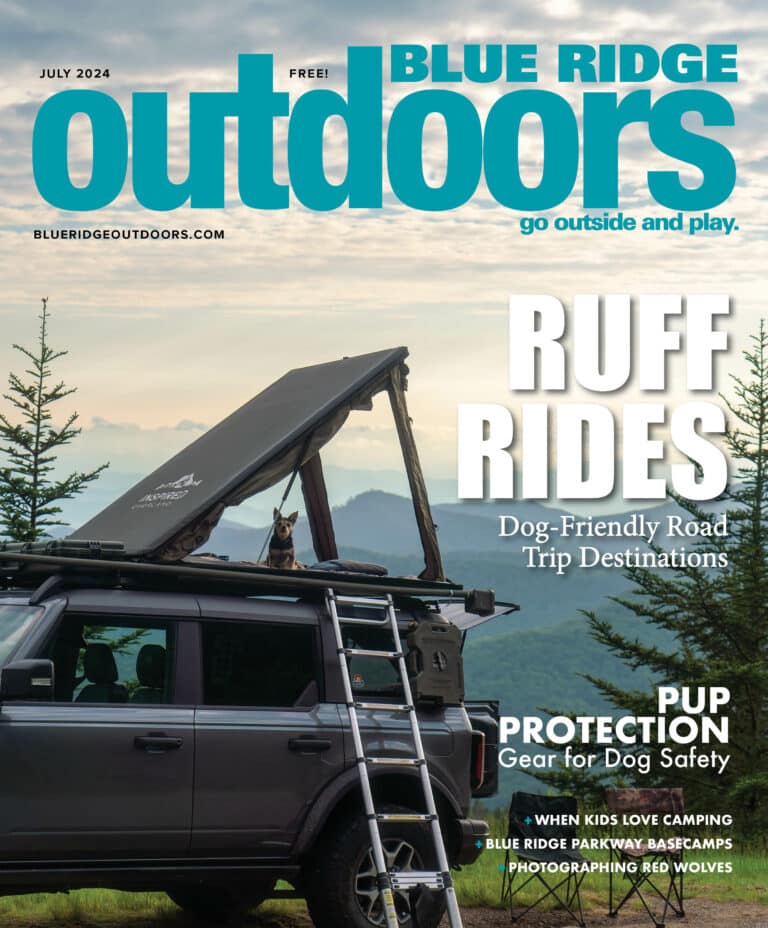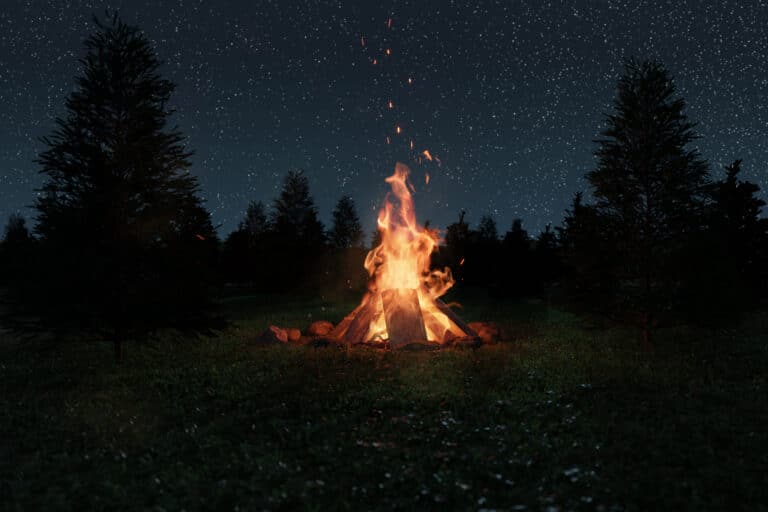
48% Useless
Those who think they require GPS in the woods sell them-selves short. Navigating in the wild is not rocket science. Even when one comes upon unfamiliar ground, any decent map and a $2 com-pass can get you out of a jam. If a person studies just a few rudimentary survival skills, you can do without GPS. Those who want to find out exactly where they’re lost can invest in a GPS toy.
—Brad Mead, Charlottesville, Va.
For the average hiker, GPS is a waste of time and money. Even though the latest GPS models can be programmed with topographical maps of your hike, you still have to learn to set waypoints along your journey. Otherwise, all your GPS will tell you is the direction home.
If you learn to use a map and compass effectively, you save weight in your pack and time by not looking into a small electronic device when you should be enjoying the view. What do you do when it starts raining and your $300 water-resistant GPS screen fogs up? Or you drop it? Or the power runs out? Or the trail changed since your mapping program was writ-ten? Or just one important key like ENTER stops working? Basically there are just too many things that can go wrong with an electronic device outdoors. You can spend 1/8 of the money and have a compass for 10 years and an updated map for about $7. Then you’re not only carrying less weight but also helping to preserve our natural environment.
—Ashley Crosby, via e-mail
In most cases, GPS is only good for backtracking. There is almost no way to use one to navigate to a new location. Often people following the GPS direction cannot hike through the terrain, or are forced to bushwack through thickets that a deer wouldn’t attempt to cross.
—Todd Prosky, via e-mail
A GPS unit is a luxury item. Nothing should replace map-and-compass navigational skills. GPS is fine as a supplement if you want to carry the extra weight and spend the extra money. Instead, I recommend buying a good book on off-trail navigation and learning to use a topo and compass: no batteries, no coverage issues, and the fewer electronics you take with you, the more in touch with nature you’ll feel.
-William Loy, Richmond, Va.
52% Priceless
GPS is indeed priceless, but also over-rated. I have talked with members of the search and rescue community, and they are increasingly concerned with the over-reliance of outdoor recreationists on GPS to verify position. Reliance on a single source for situational awareness can lead to severe consequences if that resource fails.
—Michael Heckman, via e-mail
As a life-long map person, I put off purchasing a GPS for a long time, finally giving in as a way to get my young son into the woods more often through geocaching. I would still never hike without a map, but I always bring my handheld GPS, too. I take it not as a replacement to my maps and sense of direction, but to collect data on distance traveled, time required, etc. And it is really cool to download the data into Google Earth and retrace my trip via satellite after I am done. Those who see GPS and maps as an either/or proposition are missing out.
—Jeff Monroe, Albemarle County, Va.
GPS is “semi-priceless”—that is, if one doesn’t constantly second-guess the directions a GPS provides.
—Jim Cermenaro, via e-mail







